


Cognitive Behavioral Therapy (CBT) is a type of psychological treatment that can be used for a wide spectrum of mental health problems.
The conditions CBT treats include:
About five to 20 sessions of CBT take place to solve a particular problem. The therapist is the partner of the patient and jointly they work to achieve the desired results.
First, the therapist understands the patient’s problem by asking several questions regarding his past, his phobias, disturbing behaviors, feelings, and thoughts. Through this, he gains valuable insights into the patient’s problem.
Through Q&A sessions, the therapist will see how the patient responds to difficult situations. He may advise the patient to maintain a diary of troubling situations. By changing negativity in the patient to positive thought patterns, the patient feels different and reports this to the therapist.
CBT is a problem-solving and action-taking treatment for mental health issues. Over time, it offers these four top benefits:
Negative thought patterns are common with mental disorders. CBT teaches patients to convert their negative thoughts into positive ones and makes them optimistic about their recovery.
Mentally ill patients cannot control their anger. CBT addresses the cause of their anger and the uncontrollable emotions that anger them. They learn to control their anger and see what angers them and why.
CBT provides a support network for those with mental health issues. Patients work to change their negative thoughts, attitudes, and emotions.
Mental health conditions are generally linked with low self-esteem. CBT helps patients rebuild their self-esteem by concentrating on specific problems and arriving at workable solutions.
There are five types of CBT:
Cognitive Therapy:
The patient spots and challenges any distorted thoughts and emotional responses and works to replace them with positive ones.
Behavior Therapy:
Positive behavior patterns replace negative ones with specific skills and techniques.
Dialectical Behavior Therapy (DBT):
Specific strategies help change negative thoughts and behaviors to positive ones.
Rational Emotive Behavior Therapy (REBT):
The therapist works to change irrational beliefs to rational ones.
Multimodal Therapy:
This type of CBT addresses the seven interconnected modalities of feelings, emotions, behavior, imagination, cognition, interpersonal factors, and biological considerations.
Suffering from a mental condition and experiencing anger, low self-esteem and depression aren’t easy to handle. You need to be in the caring hands of professionals. For those living in the Bellevue and Richland regions of Washington, US, RHS is the perfect place to be. Here, doctors and allied professionals work dedicatedly to relieve patients of their mental illnesses.
With dedication comes the use of tools and therapies suited to the illness. The result: quick discharge of patients who are reportedly in good health.
“If you’re currently experiencing a mental health crisis, suicidal feelings, and/or homicidal feelings, please contact 911 or your nearest Crisis Response Unit (Tri-Cities: 509-792-1747 & Bellevue: 206-461-3222).”

ADDRESS:
1446 SPAULDING AVE, STE 303
RICHLAND, WA 99352
PHONE:
(509) 420-5060
AFTER HOURS:
(509) 845-4515
FAX:
(509) 420-5059
HOURS:
Monday - Saturday: 9am - 6pm
Sunday: Closed

Copyright © RHS Health 2023
Designed & Developed by mokshamedia